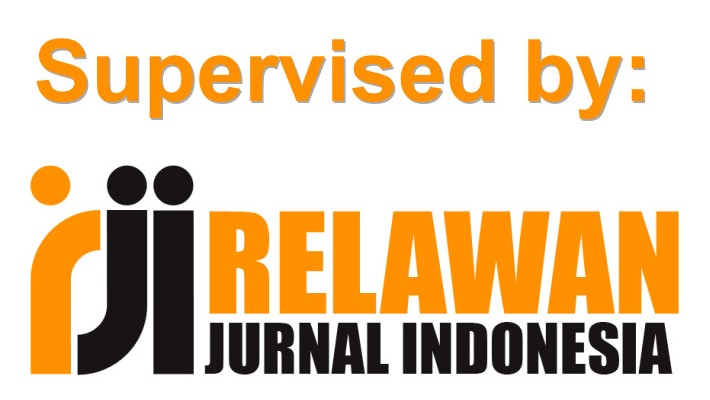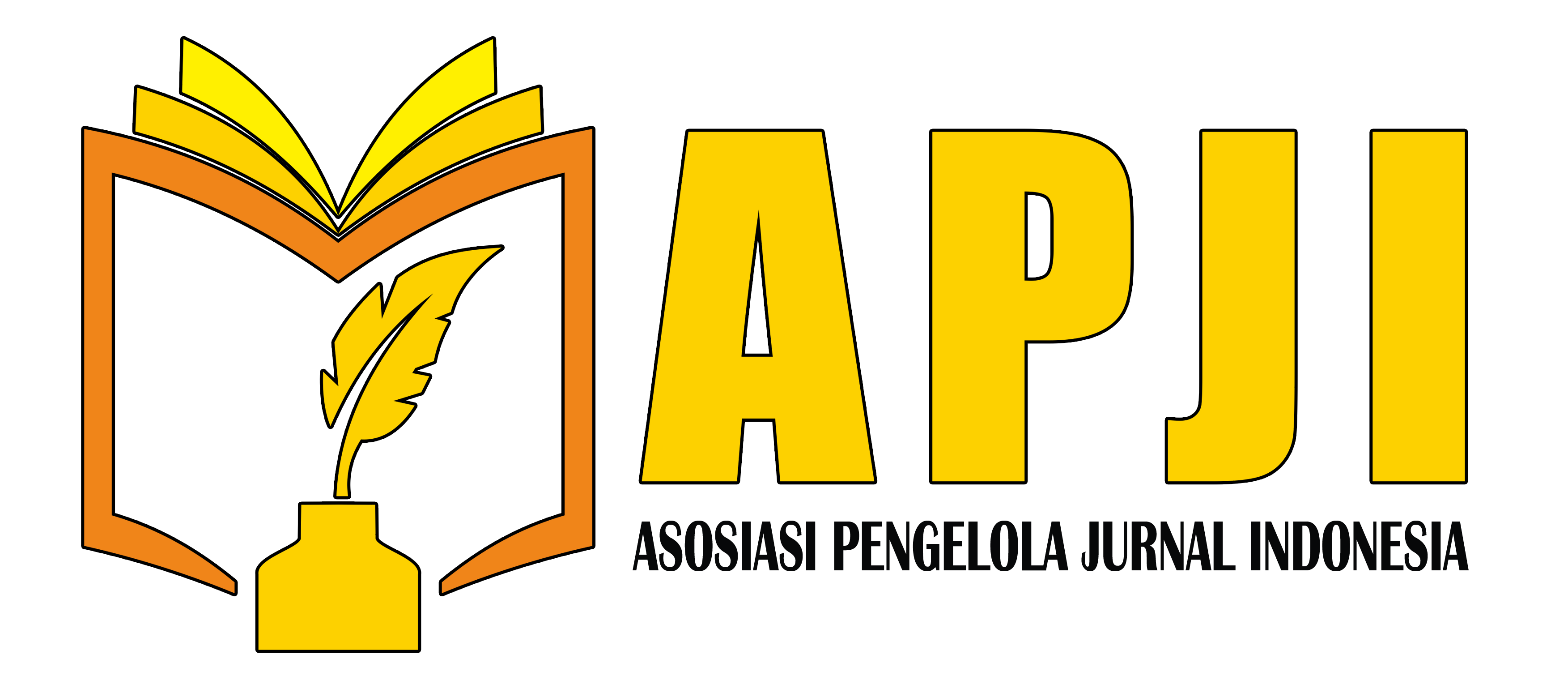Ethical and Responsible AI in the Age of Adversarial Diffusion Models: Challenges, Risks, and Mitigation Strategies
DOI:
https://doi.org/10.56127/ijst.v1i3.1963Keywords:
Diffusion Models, Adversarial AI, Ethical AI, Deepfakes, AI Governance, FATR Principles, Cybersecurity, Misinformation, Responsible AI, AI RegulationAbstract
The rapid pace of diffusion models in generative AI has completely restructured many fields, particularly with respect to image synthesis, video generation, and creative data enhancement. However, promising developments remain tinged with ethical questions in view of diffusion-based model dual-use. By misusing these models, purveyors could think up deepfaked videos, unpredictable forms of misinformation, instead outing cyber warfare-related attacks over the Internet, therefore aggravating societal vulnerabilities. This paper explores and analyzes these potential ethical risks and adversarial threats of diffusion-based artificial intelligence technologies. We lay out the basis for good AI-the notion of fair, accountable, transparent, and robust (FATR) systems-discussing efforts underway to mitigate these ethical risks through watermarking, model alignment, and regulatory mechanisms. Thus, from the dialogue with ethical viewpoints, also touching upon cybersecurity, military policy, or governance, we present a conceptual model to encapsulate probable ethical considerations in the development and deployment of diffusion models. Human-centered values need to be advanced by a proactive convergent bonding among researchers, decision-makers, and civil society players during the strengthening of a tributary of generative AI's power.
References
1. Weidinger, L., Mellor, J., Rauh, M., Griffin, C., Uesato, J., Huang, P. S., ... & Gabriel, I. (2021). Ethical and social risks of harm from language models. arXiv preprint arXiv:2112.04359.
2. Board, D. I. (2019). AI principles: recommendations on the ethical use of artificial intelligence by the department of defense: supporting document. United States Department of Defense.
3. Liu, D., Nanayakkara, P., Sakha, S. A., Abuhamad, G., Blodgett, S. L., Diakopoulos, N., ... & Eliassi-Rad, T. (2022, July). Examining responsibility and deliberation in AI impact statements and ethics reviews. In Proceedings of the 2022 AAAI/ACM Conference on AI, Ethics, and Society (pp. 424-435).
4. Brundage, M., Avin, S., Clark, J., Toner, H., Eckersley, P., Garfinkel, B., ... & Amodei, D. (2018). The malicious use of artificial intelligence: Forecasting, prevention, and mitigation. arXiv preprint arXiv:1802.07228.
5. Leiser, M. R. (2022). Bias, journalistic endeavours, and the risks of artificial intelligence. In Artificial intelligence and the media (pp. 8-32). Edward Elgar Publishing.
6. Contractor, D., McDuff, D., Haines, J. K., Lee, J., Hines, C., Hecht, B., ... & Li, H. (2022, June). Behavioral use licensing for responsible AI. In Proceedings of the 2022 ACM Conference on Fairness, Accountability, and Transparency (pp. 778-788).
7. Renda, A. (2019). Artificial Intelligence. Ethics, governance and policy challenges. CEPS Centre for European Policy Studies.
8. Stanley-Lockman, Z. (2021). Responsible and ethical military AI. Centre for Security and Emerging Technology.
9. Jelinek, T., Wallach, W., & Kerimi, D. (2021). Policy brief: the creation of a G20 coordinating committee for the governance of artificial intelligence. AI and Ethics, 1(2), 141-150.
10. Borda, A., Molnar, A., Neesham, C., & Kostkova, P. (2022). Ethical issues in AI-enabled disease surveillance: perspectives from global health. Applied Sciences, 12(8), 3890.
11. Feijóo, C., Kwon, Y., Bauer, J. M., Bohlin, E., Howell, B., Jain, R., ... & Xia, J. (2020). Harnessing artificial intelligence (AI) to increase wellbeing for all: The case for a new technology diplomacy. Telecommunications Policy, 44(6), 101988.
12. Palmisano, V. (2022). Responsible Artificial Intelligence for Critical Decision-Making Support: A Healthcare Scenario (Doctoral dissertation, Politecnico di Torino).
13. Foster, D. (2022). Generative deep learning. " O'Reilly Media, Inc.".
14. Shu, K., Bhattacharjee, A., Alatawi, F., Nazer, T. H., Ding, K., Karami, M., & Liu, H. (2020). Combating disinformation in a social media age. Wiley Interdisciplinary Reviews: Data Mining and Knowledge Discovery, 10(6), e1385.
15. Coppi, G., Moreno Jimenez, R., & Kyriazi, S. (2021). Explicability of humanitarian AI: a matter of principles. Journal of International Humanitarian Action, 6(1), 19.
16. Lim, H. S. M., & Taeihagh, A. (2019). Algorithmic decision-making in AVs: Understanding ethical and technical concerns for smart cities. Sustainability, 11(20), 5791.
17. Trabucco, L., & Stanley-Lockman, Z. (2021). NATO's Role in Responsible AI Governance in Military Affairs.
18. Yigitcanlar, T., Corchado, J. M., Mehmood, R., Li, R. Y. M., Mossberger, K., & Desouza, K. (2021). Responsible urban innovation with local government artificial intelligence (AI): A conceptual framework and research agenda. Journal of Open Innovation: Technology, Market, and Complexity, 7(1), 71.
19. Bhatti, B. M., Mubarak, S., & Nagalingam, S. (2021). Information security implications of using NLP in IT outsourcing: A Diffusion of Innovation theory perspective. Automated Software Engineering, 28(2), 12.
20. Reddi, V. J., Plancher, B., Kennedy, S., Moroney, L., Warden, P., Agarwal, A., ... & Tingley, D. (2021). Widening access to applied machine learning with tinyml. arXiv preprint arXiv:2106.04008.
21. Cofone, I., Abimana, O., Bonan, B., Grand-Pierre, E., & Qarri, A. Privacy and AI Ethics–Understanding the convergences and tensions for the responsible development of machine learning.
22. Ebers, M. (2019). Regulating AI and robotics: ethical and legal challenges.
23. Rubenstein, D. S. (2021). Acquiring ethical AI. Fla. L. Rev., 73, 747.
24. Del Pero, A. S., Wyckoff, P., & Vourc'h, A. (2022). Using Artificial Intelligence in the workplace: What are the main ethical risks?.
25. Naudé, W., & Dimitri, N. (2021). Public Procurement and Innovation for Human-Centered Artificial Intelligence (No. 14021). IZA Discussion Papers.
26. Lekadir, K., Osuala, R., Gallin, C., Lazrak, N., Kushibar, K., Tsakou, G., ... & Martí-Bonmatí, L. (2021). FUTURE-AI: guiding principles and consensus recommendations for trustworthy artificial intelligence in medical imaging. arXiv preprint arXiv:2109.09658.
27. Comiter, M. (2019). Attacking artificial intelligence. Belfer Center Paper, 8, 2019-08.
28. Johnson, J. (2022). Delegating strategic decision-making to machines: Dr. Strangelove Redux?. Journal of Strategic Studies, 45(3), 439-477.
29. Johnson, J. (2022). The AI commander problem: Ethical, political, and psychological dilemmas of human-machine interactions in AI-enabled warfare. Journal of Military Ethics, 21(3-4), 246-271.
30. Campello, V. M., Xia, T., Liu, X., Sanchez, P., Martín-Isla, C., Petersen, S. E., ... & Lekadir, K. (2022). Cardiac aging synthesis from cross-sectional data with conditional generative adversarial networks. Frontiers in Cardiovascular Medicine, 9, 983091.
















